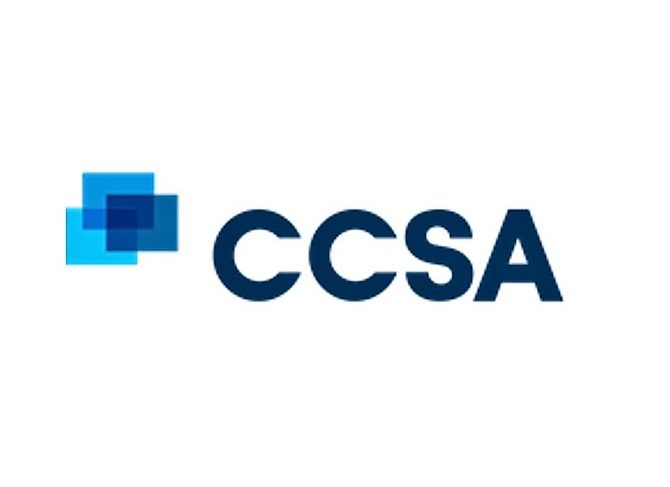
GATINEAU — Reading around the gaps in a heavily redacted copy of a complaint filed with the CRTC on August 12, this much is clear — the Canadian Communication Systems Alliance (CCSA) and several of its member BDUs are accusing Bell Media of “unreasonably denying or delaying access” to some of its programming services.
In doing so, the CCSA claims in its Part 1 application posted to the CRTC web site Wednesday, Bell Media has breached its “competitive safeguards” conditions of licence and/or the wholesale code for discretionary services.
What isn’t clear, due to the redactions in the application posted today on the Commission’s website, is which programming services Bell Media is allegedly not allowing CCSA members to access.
What the abridged copy of the application does say is: “####### which are being denied to CCSA members are available to customers on the IPTV, On Demand and TVE platforms of Bell Media’s related Bell BDUs and other distribution undertakings, which compete directly with the affected CCSA members’ retail distribution offerings.”
This is conferring an undue preference on Bell’s BDUs and other distribution undertakings, CCSA argues.
CCSA’s application includes several appendixes (almost entirely redacted) which outline cases where CCSA members have recently sought to launch Bell Media’s programming services or to exercise multiplatform rights for those services “but have been unable to do so because Bell Media has refused to grant the necessary authorizations,” reads the application.
The claimed effect of Bell Media’s alleged actions is made clear in the parts of the CCSA application that have not been abridged.
“These denials and delays are causing substantial economic and competitive harm and reputational damage to the listed CCSA Members by unreasonably impeding their ability to move forward with their planned launches, including of new IPTV platforms,” says the application.
Of course, CCSA member companies compete with Bell TV in the retail pay-TV marketplace.
“In a number of the instances cited by our members, those members have made substantial investments in the facilities and equipment required to offer services to their customers on new platforms,” says the application. “Bell Media’s denials of access effectively strand that investment, frustrate those members’ marketing and sales initiatives and cause those members significant reputational harm relative to their existing and prospective customers.”
The CCSA adds these harms are being exacerbated by Bell Media already permitting distribution of the services and features in question by Bell’s related BDUs and other distribution undertakings.
The association is asking the Commission to declare Bell Media has breached its conditions of licence and the wholesale code, and to direct it to authorize distribution of the programming services in question on platforms of all CCSA members who have requested such launches without delay.
(Ed note: Since Bell Media has not launched any new linear channels in a while and most CCSA member companies carry Bell’s linear channels, it could be that this dispute is mostly over multiplatform or on demand rights. Also, according to documents filed with an earlier Part 1 complaint by VMedia this month, Bell Media and the CCSA are currently out of contract, which adds another dimension to this particular skirmish.)
Interested parties who want to make submissions to the file must do so by September 18, 2020.
We asked Bell for comment but a spokesperson said the company will wait until the filing deadline to state its case.



